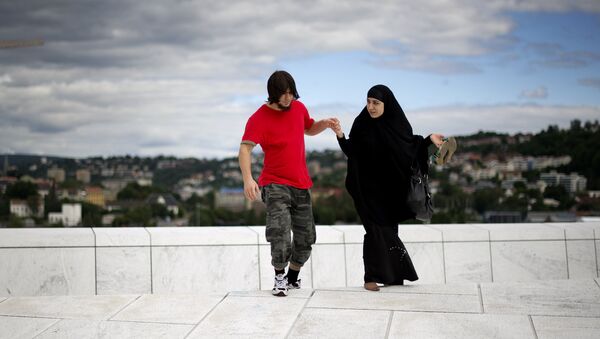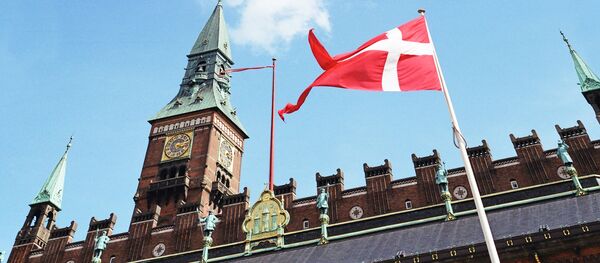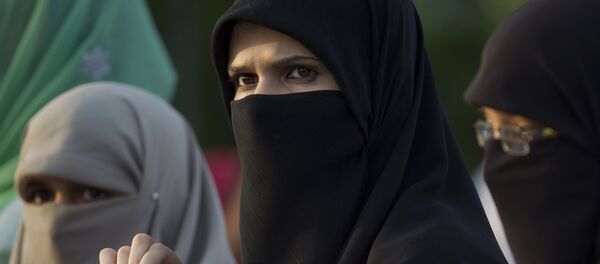Hagens' colleague and Progress Party labor spokesman Erlend Wiborg went even further in advocating a change in the Norwegian legislation to give employers carte blanche to ban hijabs, which he refused to call "discriminatory."
"Norwegian employers should be entitled to prohibit the hijab and other religious garments in the workplace. I will take the initiative to amend the law so that Norwegian employers enjoy this right," Erlend Wiborg told Norwegian national broadcaster NRK. "When at work, one represents their employer, not themselves," Wiborg argued.
As of today, Norwegian employers can make demands on how their employees dress during working hours, barring religious headgear.
This time, the reason is that the opposition Labor Party that holds majority in Oslo Municipality is against a comprehensive ban on religious symbols as such.
"With our current majority, it seems unlikely that Hagen's motion will get him anywhere," Councillor Tone Tellevik Dahl told Norwegian newspaper Verdens Gang.
Labor Party gender equality and anti-discrimination ombudsperson Hanne Bjurstrøm argued that religious headwear is strongly protected and that many have misconceived the ruling as a green light to banning the hijab and other headdresses. According to Bjurstrøm, the EU Court has left a lot of discretion to national courts to decide how far a country may go.
Last fall, the Blidensol nursing home in the city of Stavanger came under fire from the Equality Ombudsman for banning their employees from wearing hijabs, turbans or Palestinian headscarves, with the city council threatening to cancel the operating agreement with the nursing home. However, Blidensol board spokesman Thomas Middelthon advocated that the EU verdict actually allowed authorities and employers to ban hijabs.
In September 2016, Norway saw its first ever trial over the Islamic head garment, after hairdresser Merete Hodne notoriously refused to serve hijab-clad client Malika Bayan. Fourty-seven-year-old Merete Hodne, who was fined 10,000 NOK ($1,075) for religious discrimination and dubbed "Nazi coiffeur" by the Norwegian press, previously ventured that the hijab was a symbol of the "evil" Islamic ideology, just like the swastika was that of Nazism.
Hijab-dømte Merete Hodne tapte kampen om «nazi-frisør»-vits https://t.co/v7oYGOBsbG
— VG (@vgnett) 10 марта 2017 г.
In February 2017, Malika Faviano (previously known as Bayan), whose name for many Norwegians became synonymous with asserting one's religious rights, shocked her fellow Muslims by notoriously discarding the garment, over which she had previously gone to court. Faviano claimed herself to put away the hijab due to "personal changes in her life," whereupon she started to receive offensive, aggressive and even sexist commentaries from angry Muslims, NRK reported.





